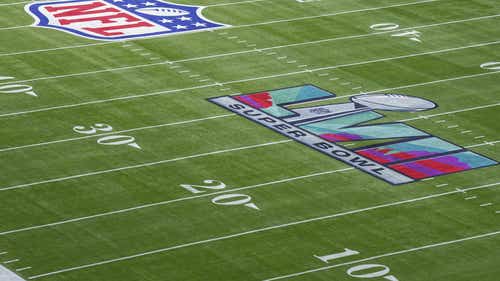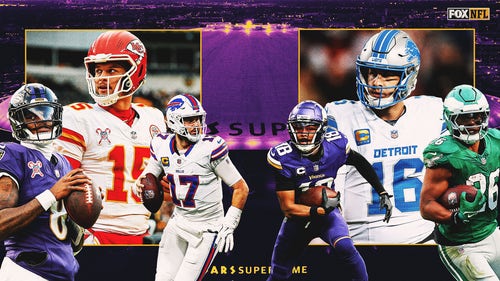
Why Sam Bradford caved, returned to Philly and ended the dumbest holdout in the NFL
Sam Bradford returned to the Philadelphia Eagles on Monday. Here's why this was the most obvious NFL development of the offseason:
1. Let's get something straight right out of the box: Sam Bradford was never a "holdout." He skipped voluntary workouts over the past two weeks as part of a juvenile snit that anyone with any wherewithal could see right through. It might be surprising how quickly Bradford caved, but not really, as he never really had a winning position in the first place.
(Mitchell Leff/Getty Images)
The quarterback was upset he'd signed a deal that will essentially pay him $18 million this year to quarterback the Philadelphia Eagles, only to see the Eagles trade up in the draft to take quarterback Carson Wentz at No. 2. Through proxy (his agent), Bradford demanded something - anything. A trade. A release. A guarantee. NATO intervention. When he didn't get it - clearly misunderstanding the May market for quarterbacks - he came back, acting like it was all good and nothing was ever amiss.
2. Why did Bradford come back? Leverage. Or, in his case, the lack thereof. Leverage is the key to holdouts and, just like NFL success, Bradford has very little of it. He isn't Emmitt Smith holding out after the Cowboys' Super Bowl season or Eric Dickerson trying to remind the Colts of how valuable he was. He's not even Darrelle Revis. At least Revis had a financial reason for his holdout. Bradford didn't want more money, he just didn't like the team's personnel moves. So, at the end of it all, what you had was a very average quarterback (and that might be too kind) getting paid like a great one all while having a hissy fit that the Eagles dared select his replacement. Sure, that stings the ego a bit, but you know what salves that? EIGHTEEN MILLION DOLLARS.

(Photo by Mitchell Leff/Getty Images)
3. What was the worst-case scenario for the Eagles if Bradford had really held out (as in, not playing Week 1)? Bradford doubles down and says he wasn't going to play - he's going to retire. In that case, he gives back the money the Eagles paid him in bonuses but still has his rights retained by the team. That's it. That's all Sam Bradford could have done. He couldn't force Howie Roseman and Jeffrey Lurie to cut him, something that would have cost $11 million. He couldn't get the team to dump Wentz. All he could do was threaten to Jimmy Carter the season (Jimmy Carter, Moscow Olympics, 1980, American boycott - try to keep up), which simply would have forced the Eagles to start Chase Daniel for the year or, gasp, put Carson Wentz in there to give him a baptism by fire. Not exactly a strong wall to stand upon.
4. But that's not why this whole charade was so pointless. It's only part of it. Unless you accepted the nonsense about Bradford forfeiting millions to retire, the main reason Bradford came crawling back without so much as a whiff of a real holdout is that his 2016 season is a 16-game job interview. (Or, given his injury history, maybe like a 13-game one.) Since the plan in Philadelphia seems to have Carson Wentz starting in 2017, with Chase Daniel backing him up, Bradford is playing to show other teams something they've never seen: That he's worthy of a long-term, lucrative contract. Sam Bradford is playing in a market in which Brock Osweiler and Ryan Fitzpatrick are valued commodities and Kirk Cousins gets just under $20 million after winning nine games and a division title in one of the most mediocre divisions in recent memory. This is Sam Bradford's future. He was never, ever, ever going to throw it away because his pride got hurt when the Eagles took a younger, better, version of himself.

(Photo by Elsa/Getty Images)








